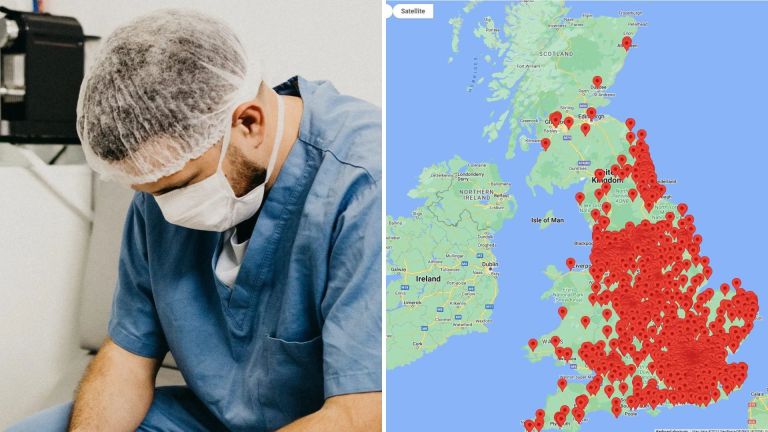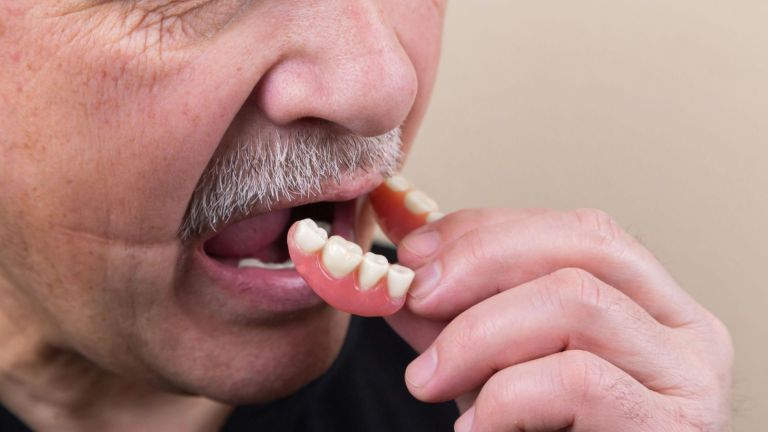Inequalities of all kinds have long been documented as drivers of poor mental health, particularly in a country like the UK where the gap between rich and poor is so wide. A quarter of people experiencing mental health issues also have financial problems, according to the Money and Mental Health Policy Institute, which is three times more than in the general population. People on the lowest incomes, and living in the UK’s most deprived areas, are as much as 10 times more at risk of suicide than their counterparts in the most affluent groups, Samaritans research has shown.
It’s a chicken-or-egg quandary – people in poverty are more vulnerable to mental illness, while those with mental illness are more likely to struggle with money or secure a decent income. The cost-of-living crisis has placed unprecedented pressure on the UK’s households, and experts warn it has the makings of a mental health disaster.
Your support changes lives. Find out how you can help us help more people by signing up for a subscription
“People get stressed and anxious for a purpose,” said Dr David Crepaz‑Keay, head of applied learning for the Mental Health Foundation. “Stress is hardwired into human beings as a response to threat so we can get ourselves out of a dangerous situation, which in itself isn’t a bad thing.”
The current challenge, Crepaz-Keay says, is that when the threat is something like a cost-of-living crisis, or unavoidable bills which demand more money than a person has to give, a person can start to “absorb” the stress for which they have no clear way out and mental health problems develop. This effect is even more acute in 2023 when nearly everyone has had their resources depleted during the pandemic – whether psychological, financial or both.
For those struggling to stay afloat financially, there can barely be time to reflect on one’s mental wellbeing. And the warning signs are easy to miss, Crepaz-Keay says.









